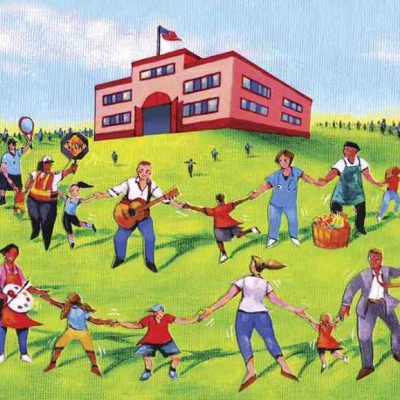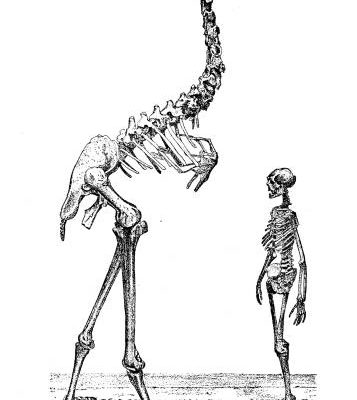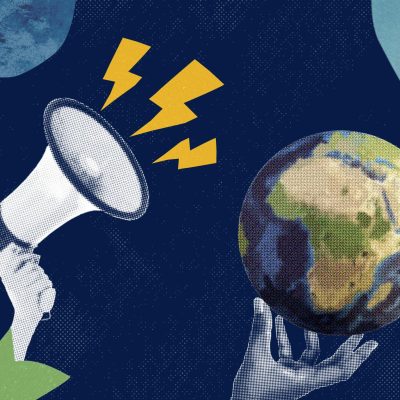Meat kills more than just animals
When was the last time you’ve consumed meat? Was it today, yesterday, or even an hour or two ago? Regardless, the meat you’ve consumed must’ve been pretty delicious, but have you ever thought about what goes into raising the cow that would become your next burger patty? Surprisingly, there are a lot of harmful ingredients to be exact.
In society, meat has become a staple of most dishes. Whether it’s a wing of a chicken or a small chunk of a cow, you’ve most definitely had meat in your life unless you’re vegetarian or vegan. According to a survey conducted in 21 countries by Statista, 86% of people have meat as a part of their diets. If we put this in perspective, that’s about 350 million tons of meat being produced every day just to meet consumer demand. Raising cattle requires a lot of resources such as land, water, and fuel. However, these resources aren’t renewable and with the percentage of meat consumption rising by 1.7% per year, humans will one day drive Earth into the ground.
This is concerning considering the rising severity of climate change. Climate change has become a prominent issue within the last year, with irregular climate patterns. Although climate change does not mean the Earth is going to explode, it does mean we’re entering a new climate which can be dangerous for humans and many animal and insect species. Many animals and insects have a range of tolerance, which if exceeded, may wipe out their populations. Animals that are important to the ecosystem and provide natural services like bees, may become extinct once we enter new temperatures since they cannot withstand the added heat, so we would have to start self-pollinating our plants.
Extinction of many animal and insect species will directly harm humans as we rely on the services they provide, but what do cattle have anything to do with this? The result lies in the amount of greenhouse gasses released by the cattle industry alone. If you couldn’t already guess, heavy machinery operated by cattle production plants uses fossil fuels to assist them in raising cattle.
Not only does cattle production contribute to greenhouse gas emissions, but it also destroys biodiversity in ecosystems. Cattle need soil to graze, so industries often purchase large plots of land dedicated to that. However, what usually happens is that lots of cattle are forced onto a small plot of land to graze, resulting in overgrazing which leads to soil erosion. Soil erosion is extremely damaging as it not only means the land becomes infertile, but it later leads to pollution and sedimentation in water banks, harming the organisms living in them.
With all these negative effects, why don’t people switch to plant-based diets? It’s because people cannot afford organic alternatives. According to AIER, the United States spends around 38 billion dollars alone to subsidize meat. By doing this, meat becomes cheaper for the average consumer, prompting them to choose meat instead of organic foods. All the money being spent subsidizing meat could’ve been used to subsidize organic foods instead to promote healthier eating habits. Even then, the reality of all of this is that the US is able to fix food insecurity, but they just choose not to in favor of profits. According to Cornell University, the U.S. produces enough crops to feed 800 million people, but only 12% of it becomes food fit for human consumption. That is because the rest of the food is fed to cattle that are later killed and sold to markets for consumers. This cycle rinses and repeats, causing people to starve while wealthy individuals continue to buy and consume meat.
While I cannot police you to stop consuming meat entirely, there are ways that you can still help! For example, just spreading awareness about the harmful effects of meat consumption goes a long way because sometimes people aren’t informed or misinformed in general. If you’re looking for ways to actively help, you can start reducing the amount of meat you consume per meal and include more greens to your diet. It would not only be a benefit for your body but for the Earth as well! You can also go for more drastic changes such as becoming vegetarian or vegan, although those options are usually more difficult to transition into. All in all, there are plenty of ways you can help the Earth heal from the comfort of your home. Your contribution, although it may seem small to you, is actually crucial in sparking change. The next time you or your family is cooking, try to suggest alternatives! It wouldn’t hurt to try new things.










